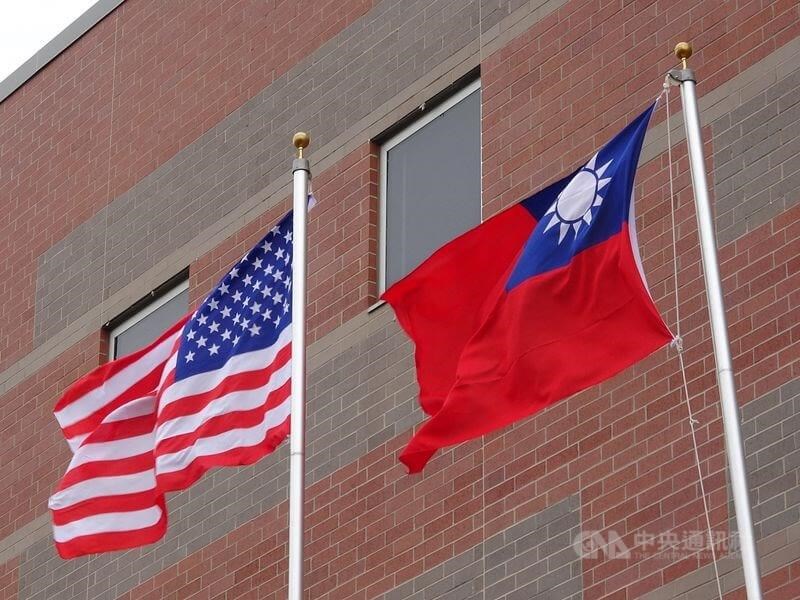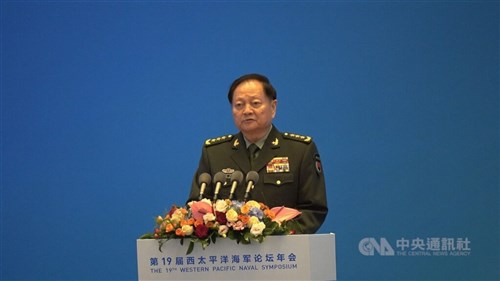ANALYSIS / Tariffs, defense demands keys for Taiwan in Trump's new term: Experts
01/21/2025 01:27 PM
Now that Donald Trump has begun a new term as America's president, analysts highlighted his policies on tariffs, trade, and defense and general disdain for allies as things to watch for Taiwan in the coming year.
(Full text of the story is now in CNA English news archive. To view the full story, you will need to be a subscribed member of the CNA archive. To subscribe, please read here.)
More in ANALYSIS
-
![Iran could cloud Trump-Xi talks but unlikely to spark Taiwan war: Scholars]() Iran could cloud Trump-Xi talks but unlikely to spark Taiwan war: ScholarsEscalating conflict in the Middle East is unlikely to trigger an immediate cross-strait crisis or directly imperil Taiwan in U.S.-China dealings, but it could pose growing risks by straining U.S. resources and complicating the upcoming Trump-Xi meeting, scholars said.03/02/2026 06:13 PM
Iran could cloud Trump-Xi talks but unlikely to spark Taiwan war: ScholarsEscalating conflict in the Middle East is unlikely to trigger an immediate cross-strait crisis or directly imperil Taiwan in U.S.-China dealings, but it could pose growing risks by straining U.S. resources and complicating the upcoming Trump-Xi meeting, scholars said.03/02/2026 06:13 PM -
![U.S. policy unchanged despite Taiwan omission in defense strategy: Analysts]() U.S. policy unchanged despite Taiwan omission in defense strategy: AnalystsThe absence of Taiwan in the Pentagon's recently released 2026 National Defense Strategy (NDS) has raised concerns about the United States' commitment to the island nation's defense.02/07/2026 04:31 PM
U.S. policy unchanged despite Taiwan omission in defense strategy: AnalystsThe absence of Taiwan in the Pentagon's recently released 2026 National Defense Strategy (NDS) has raised concerns about the United States' commitment to the island nation's defense.02/07/2026 04:31 PM -
![Xi's military purge raises Taiwan miscalculation risk: Experts]() Xi's military purge raises Taiwan miscalculation risk: ExpertsChinese President Xi Jinping's (習近平) ongoing purge of senior military leaders, most recently targeting top general Zhang Youxia (張又俠), could help him consolidate power and potentially increase the risk of strategic miscalculation over Taiwan, according to experts.01/27/2026 09:31 PM
Xi's military purge raises Taiwan miscalculation risk: ExpertsChinese President Xi Jinping's (習近平) ongoing purge of senior military leaders, most recently targeting top general Zhang Youxia (張又俠), could help him consolidate power and potentially increase the risk of strategic miscalculation over Taiwan, according to experts.01/27/2026 09:31 PM
Latest
-
Business
Taiwan shares open higher
03/03/2026 09:06 AM -
Politics
Two Taiwanese stranded in Israel amid conflict reach Jordan
03/02/2026 09:02 PM -
Business
124,000 Taiwanese have at least NT$100 million in assets: Report
03/02/2026 08:53 PM -
Society
Rain, cooler weather expected across Taiwan on Lantern Festival
03/02/2026 08:13 PM -
Society
Iran conflict to 'severely' delay Taiwan mail to 17 countries
03/02/2026 06:32 PM


